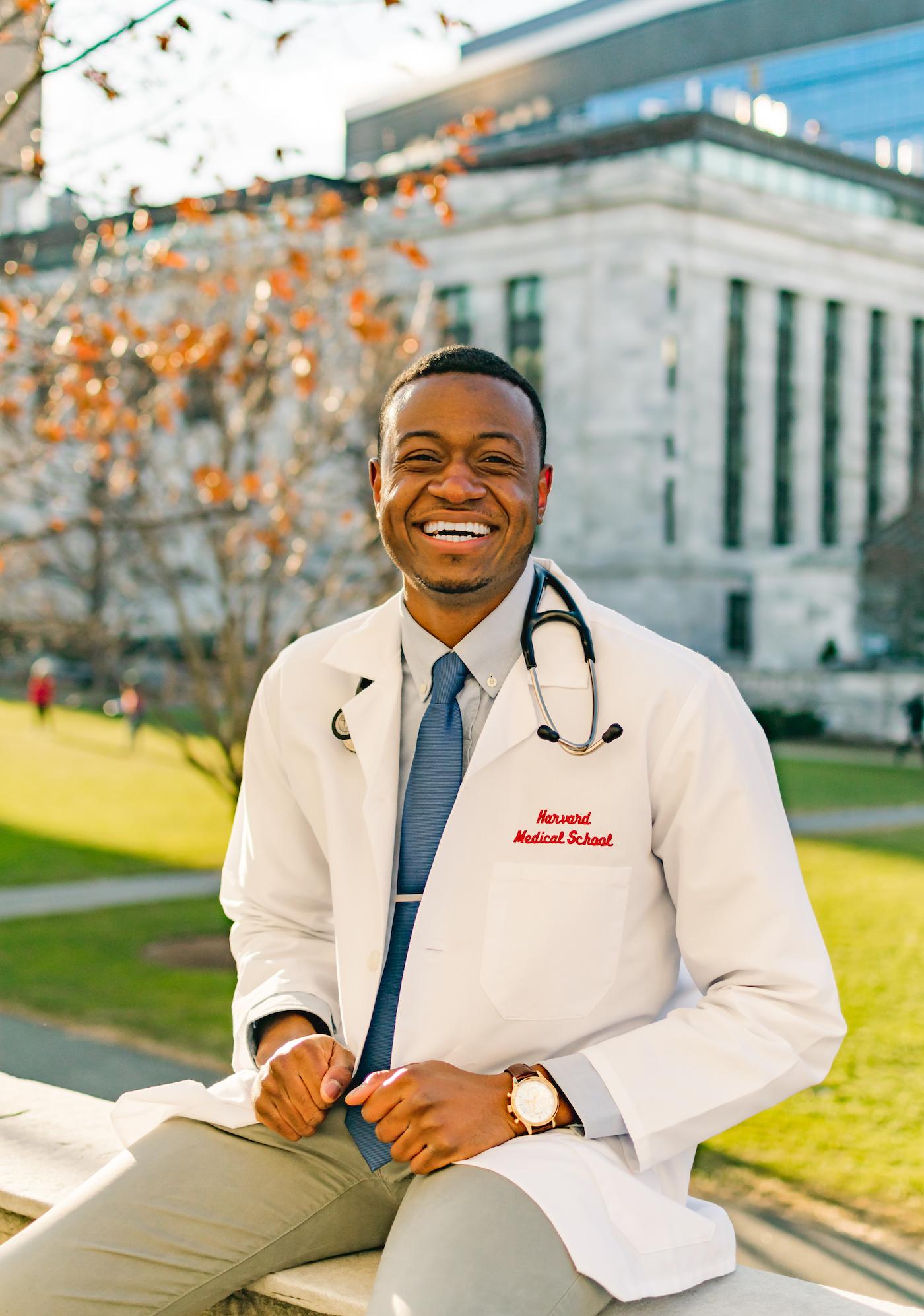Before I even wanted to become a physician, I knew I needed to root my career in serving others. So during my time at Howard University, I found ways to serve the communities I cared deeply about. I spent my last two college years volunteering in Detroit elementary schools, collecting educational supplies for young Ghanaian students, and caring for patients in South African clinics. When I finally chose to pursue medicine, my decision was rooted in the desire to combat health care inequalities for Black people around the globe.
Perhaps its focus on service is the reason Howard contributes so greatly toward educating future Black physicians. Howard University is a top pro- ducer of Black undergraduates who pursue medical degrees, and its medical school is one of two HBCUs that consistently graduates the most Black physicians every year nationwide. As a Howard student, I was surrounded by Black physicians everywhere I turned – from interacting with the school administration to shadowing at the institution’s safety net hospital. The presence of Black role models fulfilled a mental imagery for what I could become and heavily influenced my decision to pursue medicine.
The importance of Black physicians cannot be overstated. Multiple studies have shown that Black patients feel more comfortable when cared for by Black physicians and are also more likely to engage in treatment decision-making. Two studies from 2018 and 2019 found that Black physicians more often choose to both work in and pursue research that benefits underserved communities. Additionally, Black physicians act as critical role models for young Black students who, like me, dream of one day caring for patients too.
Despite the clear contribution of Black doctors, as a country we are failing to produce an adequate number of Black physicians. In 2018, the American Association of Medical Colleges reported that only 5 percent of all active physicians were Black, whereas Black people make up 13 percent of the U.S. population. There are many reasons the U.S. has been unsuccessful in this regard. Our country’s long history of rac- ism has resulted in policies that make it more likely for Black people to live in poorer neighborhoods, work lower-paying jobs, and attend schools that are less funded. These factors decrease opportunities for Black students to have the educational resources and finances needed to pursue a medical career.
In order to address the lack of Black doctors in medicine, this country must first address the policy-driven inequities that affect Black communities. Young Black students who aspire to become physicians need well-funded schools and neighborhoods to have a fair shot at achieving their dreams. Our government must increase its funding for HBCUs, who take on the responsibility of educating a large bulk of Black students who enter medical school. On the other side, our medical institutions must put forth efforts to not only recruit Black students, but also provide a space where they can thrive. If we value the contribution of Black doctors, then this country must make increasing their numbers a priority, because our communities depend on their work.
Article ID: 526




